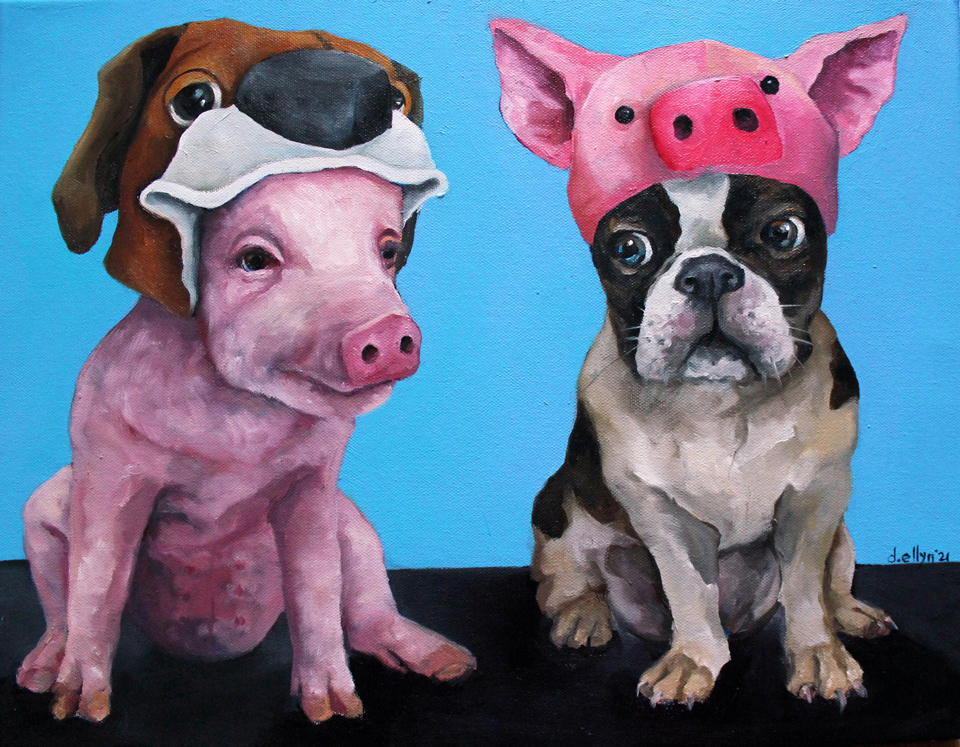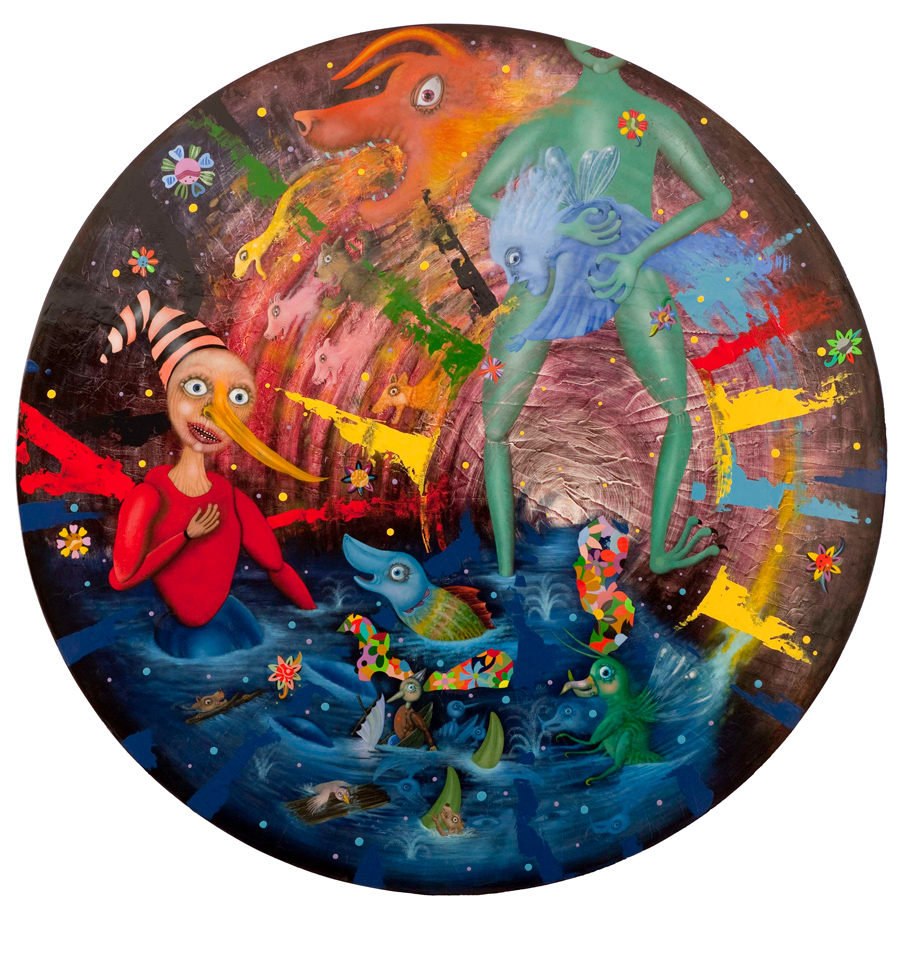
It all begins with a little, white lie.
There are the casual lies, the happy lies, the ones told with a bit of a sneer, and those that happen out of convenience, empathy or omission. Small lies of all sorts, which we tell in all tones of voice and for all the reasons in the world, while we reassure ourselves that we’ll be able to disentangle ourselves from them, that they are never serious and that they are often—always—justified.
But are they really all that small? So small that their consequences are wholly trivial, so small there is no reason to dwell on them? No, not really.
All these little lies add up to something true. They reveal something about us, about the person telling them and especially about the person hearing them. The one who at some point notices a pattern, and who can then no longer help seeing that pattern everywhere.
All at once, he realises that he is being lied to, that he has been lied to, and in remembering the whole litany of lies with no guiding rhythm, no common thread, it becomes clear to him that the words he has trusted were traitorous. And in this turmoil, he cannot keep from searching for meaning in the fabric of these newly discovered lies, for all things should be explainable. This is how little lies wind up softly, quietly eroding trust. Trust, which is the foundation of reason, for it is on trust that we build what we believe to be true, on trust that we base our belief in the truth of deeds and things, and because of trust that we do not succumb to madness in an already mad world.
Except that at a time when information circulates faster than ever and when everything is recorded and archived, it has never been easier for a little lie to undermine immutable certainties, while finding enough prophets and devotees to defend it along the way. All it takes is for a speaker to be caught in a lie or a hypocrisy to be spotted, and trust is left severely wounded or even lost altogether—no matter how tiny the lie might have been.
This is how people die trying to prove that the Earth is flat or drinking bleach to cure Covid-19.
Because you can’t fool one person a thousand times, or a thousand people once. Someone who has been deceived will not risk being taken for a fool again. So rather than waiting to be tricked, he will doggedly try to guess the ruse, even when it does not exist. He will no longer listen to anyone who swears to him, palms in the air, to be telling “the truth”: it’s the Santa Claus Syndrome. It wouldn’t be so easy if we hadn’t learned throughout history that real conspiracies have existed. And, relatively unsurprisingly, that some even exist today. This reality has given rise to a general sense of scepticism which, with the help of new technologies, has in turn led to large-scale conspiracism in which someone looking for evidence of one conspiracy conjuring another. Worse, he boldly boasts about having exposed it, having understood it, not having being duped!
Having made this observation, I believe that all we can do is marvel at the eighth commandment, so wise and so lofty, which thousands of years ago warned and commanded us never to lie. The way a parent does, imperiously commanding the child.
So why have we failed? As always, it’s because we are so detestably human, so vulnerable and cowardly, so loving. Because we do not want to hurt those we love, because we are distraught by their disappointment or grief or, sometimes, because we simply want peace, because we choose life. And in order to do all that at once, we have had role models whom we have watched lie. So we make fake excuses. We lie in turn. We permit ourselves to tell small falsehoods that, once discovered, are likely to leave nothing of love but scorched earth. This applies to a couple, a family, a friendship, but even more to a society.
Conspiracy is not the cause; it is a symptom. It is useless to try to heal it without tending to the wounds of trust and social connection, which has become so strained with our authority figures, be they scientific, political, or anything else. What has disillusioned the citizens, and what feeds part of their madness, is the disregard they have been shown, the promises made to them in the knowledge that they were vain, the kindling of their resentments and hatred to compensate for their despair. It is the pledges asked of them without receiving anything in return beyond far-fetched dreams; it’s having lies deliberately mixed in with the truth. All the while telling themselves that they’ll be able to extricate themselves, that the words thrown in their faces are harmless and soon forgotten.
But today, nothing is lost; even better, everything can be remembered. And just like that, one piece of smooth talk follows another and one small plot is supplanted by a larger one, because the common man, increasingly disoriented by our upside-down world, believes it. More than that, he takes pride in being part of the plot, in being targeted by the lie, because it shows he is valuable: trying to hoodwink him means acknowledging that he deserves notice, that he is important; it means showing him consideration. This makes conspiracism particularly dangerous, even addictive. It seems to be able to provoke a kind of narcissistic inflammation of its believers, as illustrated by those who went to die at the Capitol, convinced they were going to save their democracy when in fact they were tearing it apart.
Thus, despite the efforts of many to return truth to the heart of public debate and to block the never-ending spread of lies, it seems we are destined to live with a few conspiracies—the sign of a human mind in need of reassurance. However, because words-words-words sound ever more hollow to our cynical ears, it is urgent that we rethink and reconstruct our social contract by building it on renewed trust, the bedrock of resilient couples and our system of political representation alike.
And so we must replace the choice of truth with a dare. We must choose the more prosaic but no less vital remedy: action.
Translated by Emma Roy
